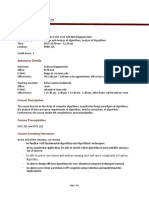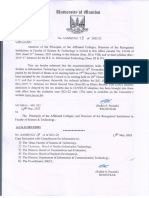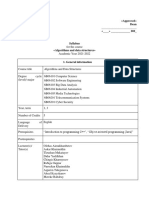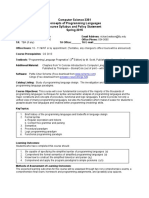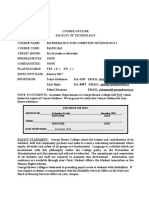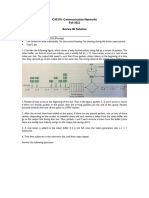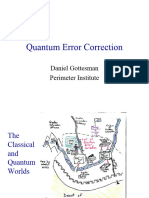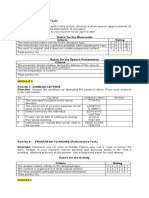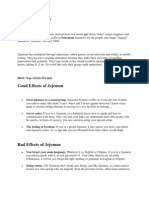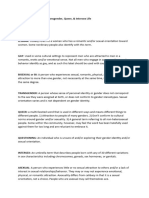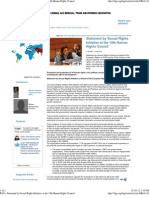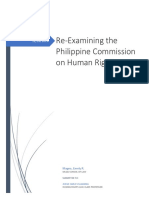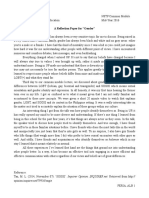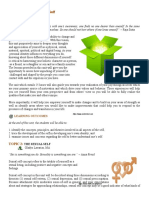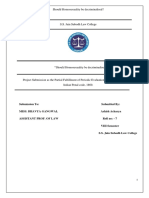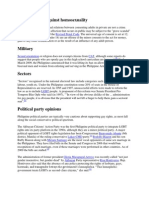0% found this document useful (0 votes)
46 views4 pagesCS 5381: Algorithm Analysis Syllabus
This document outlines the syllabus for a computer science course on analysis of algorithms. It provides information on the instructor, lectures, exams, grading policy, textbook, and course topics including growth of functions, divide and conquer algorithms, probabilistic analysis, dynamic programming, and graph algorithms.
Uploaded by
nettemnarendra27Copyright
© © All Rights Reserved
We take content rights seriously. If you suspect this is your content, claim it here.
Available Formats
Download as PDF, TXT or read online on Scribd
0% found this document useful (0 votes)
46 views4 pagesCS 5381: Algorithm Analysis Syllabus
This document outlines the syllabus for a computer science course on analysis of algorithms. It provides information on the instructor, lectures, exams, grading policy, textbook, and course topics including growth of functions, divide and conquer algorithms, probabilistic analysis, dynamic programming, and graph algorithms.
Uploaded by
nettemnarendra27Copyright
© © All Rights Reserved
We take content rights seriously. If you suspect this is your content, claim it here.
Available Formats
Download as PDF, TXT or read online on Scribd
/ 4

